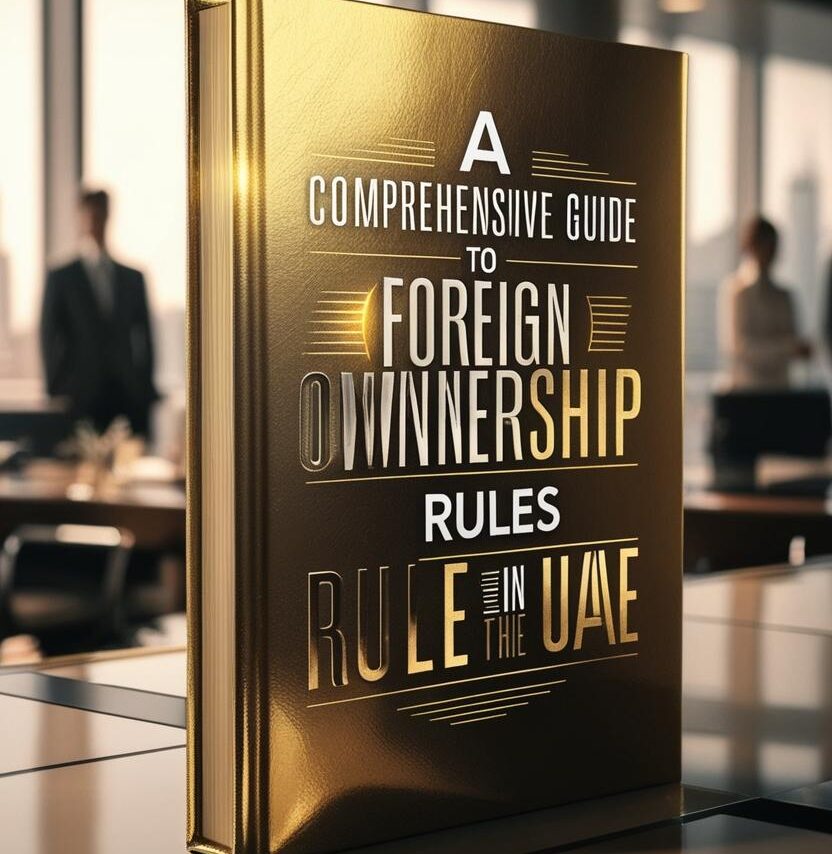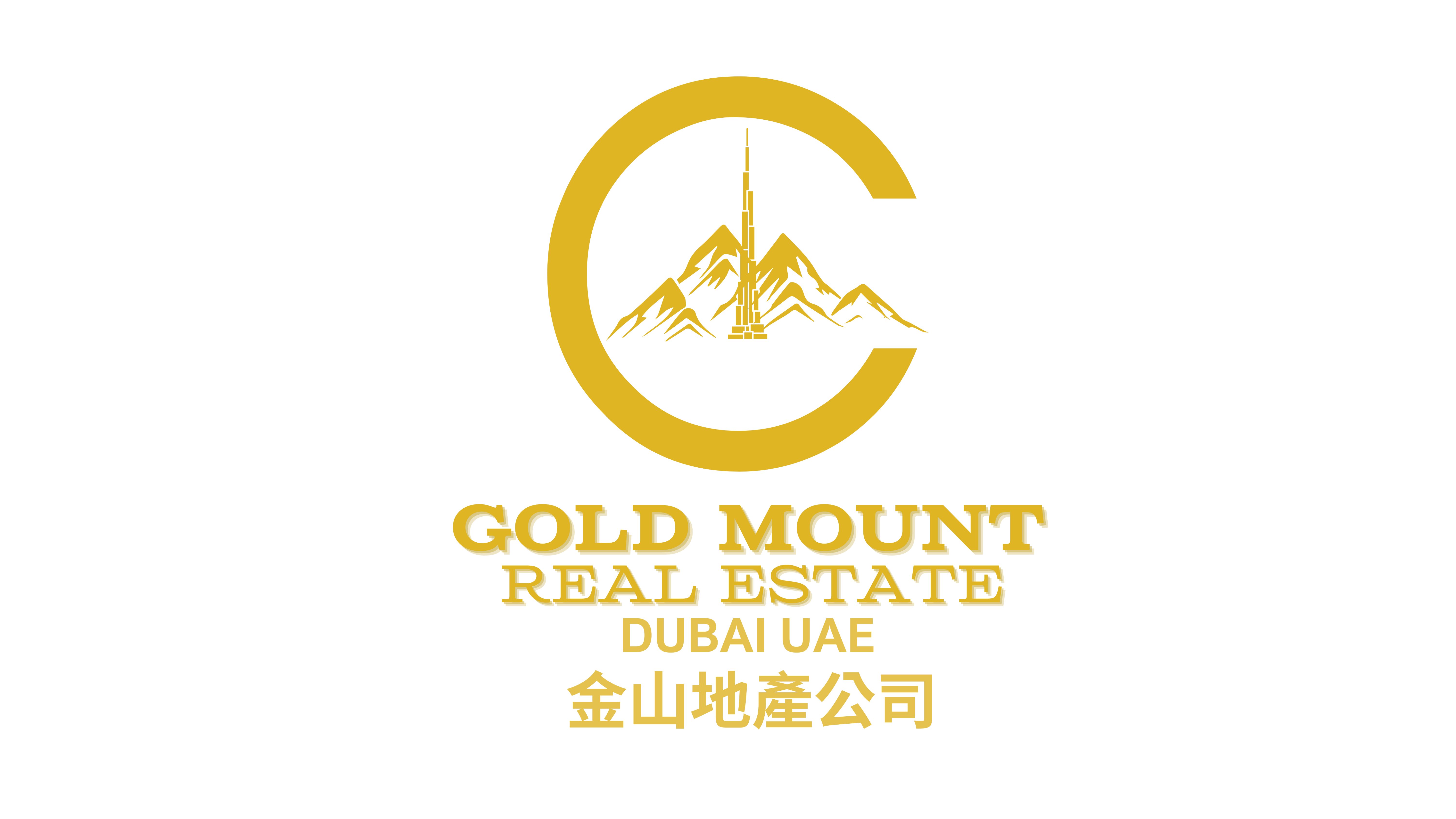
The UAE’s real estate sector is a beacon for global investors, drawing attention with its modern infrastructure, luxurious lifestyle offerings, and strategic geographical position. As one of the most sought-after investment destinations, the UAE offers immense opportunities through high-end residential developments, innovative commercial spaces, and ambitious urban projects. However, understanding foreign ownership rules is vital for navigating the complexities of this thriving market.
Why Do Foreign Ownership Restrictions Exist?
The UAE enforces foreign ownership restrictions to maintain a balance between attracting international investments and safeguarding national interests. These rules dictate where and how non-UAE nationals can acquire property, creating a framework that protects strategic areas while fostering economic growth through designated investment zones.
Differences Between Emirates and Property Types
Foreign ownership regulations vary across the UAE, reflecting the unique strategies of each emirate. Here’s a snapshot:
- Dubai: Known for its openness, Dubai offers numerous freehold zones where foreign nationals can own property outright.
- Abu Dhabi: Adopts a more conservative stance, allowing foreign ownership in limited zones and under specific conditions.
Understanding these distinctions is crucial for aligning your investment goals with the right location and property type.
Freehold vs. Leasehold Properties
When investing in UAE real estate, it’s essential to differentiate between two primary ownership models:
- Freehold Properties: Provide full ownership rights, including the land. These are primarily located in designated zones to attract foreign investment.
- Leasehold Properties: Offer long-term lease agreements, typically up to 99 years, without land ownership. Leasehold arrangements are often found in culturally or historically significant areas.
These differences influence the long-term value and potential returns of your investment.
Dubai’s Investor-Friendly Freehold Zones
Dubai stands out for its liberal foreign ownership policies, with designated freehold zones that attract global investors. Key locations include:
- Downtown Dubai: Featuring landmarks like the Burj Khalifa and Dubai Mall, this area blends luxury and convenience.
- Dubai Marina: A lively waterfront district known for upscale apartments and vibrant nightlife.
- Palm Jumeirah: This iconic man-made island offers exclusive villas and apartments with private beaches.
- Jumeirah Lake Towers (JLT): A bustling mix of residential and commercial spaces surrounded by serene lakes.
These areas provide full ownership rights, making them ideal for long-term investments.
Abu Dhabi’s Conservative Approach
While Abu Dhabi offers foreign ownership opportunities, they are generally more restrictive. Prominent investment zones include:
- Al Reem Island: A rapidly growing area with diverse property options.
- Saadiyat Island: Renowned for cultural institutions like the Louvre Abu Dhabi and high-end residential offerings.
- Al Raha Beach: A waterfront development featuring luxury living and commercial opportunities.
Most properties in Abu Dhabi are sold under leasehold agreements, emphasizing the importance of understanding terms before investing.
The Impact on Market Dynamics
Foreign ownership regulations shape property prices, market trends, and investment strategies. Freehold areas often command higher prices due to international demand, while leasehold zones provide more affordable alternatives. These policies reflect the UAE’s broader economic goals, promoting foreign capital inflows while maintaining local oversight.
Recent Reforms and Developments
The UAE has introduced several initiatives to enhance its appeal to global investors:
- 100% Foreign Ownership Law: This groundbreaking reform allows foreigners to own mainland businesses without local partnerships, boosting economic attractiveness.
- Expansion of Freehold Zones: Discussions about increasing freehold areas aim to further encourage foreign investment and stimulate growth.
These changes simplify processes for foreign investors and reinforce the UAE’s position as a premier investment hub.
Tips for Navigating Foreign Ownership Rules
Here are actionable steps to help you succeed in the UAE property market:
- Conduct Thorough Research: Understand the nuances of foreign ownership laws in your target emirate.
- Seek Professional Advice: Work with experienced real estate agents and legal consultants.
- Choose the Right Location: Align your investment goals with areas offering the best returns.
- Plan for Additional Costs: Account for registration fees, maintenance charges, and other expenses.
- Stay Informed: Keep track of regulatory changes to adapt your strategy accordingly.
Conclusion
Foreign ownership regulations in the UAE are integral to the country’s real estate market dynamics. While these rules present unique challenges, they also create opportunities for well-informed investors. By understanding the regulations and seeking expert guidance, you can make strategic investments that capitalize on the UAE’s vibrant property market.
For more expert insights and guidance on Dubai real estate, visit our website at www.goldmountrealestate.com. Explore investment opportunities tailored to your financial aspirations and enjoy seamless support from our experienced team.
Gold Mount Real Estate: Your Gateway to Successful Investments
Whether you’re looking for residential properties, commercial spaces, or mixed-use developments, we’re here to help you achieve your goals. Discover the best of Dubai real estate with us.



Leave a Reply